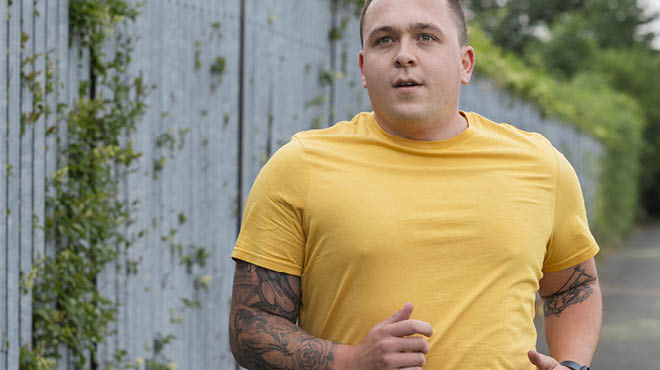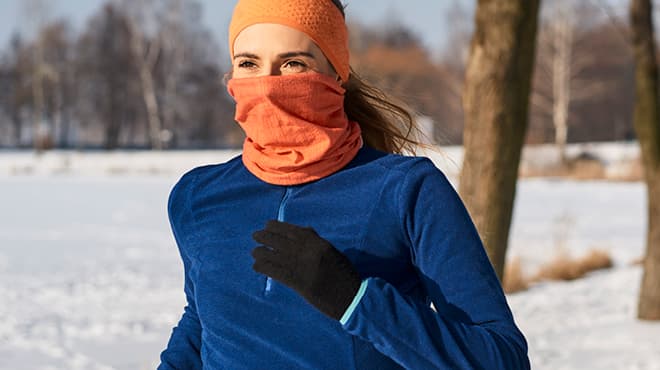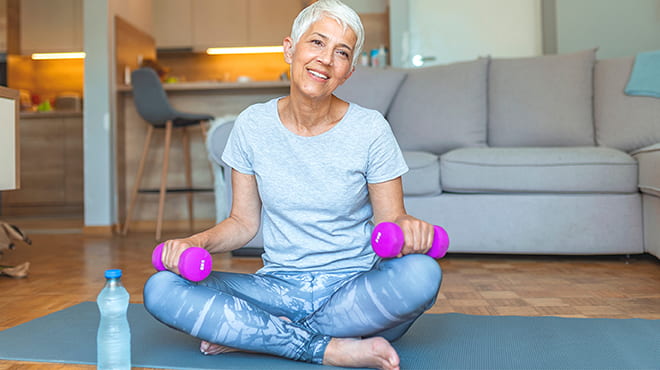Recent Posts
Keep your cool while exercising in the heat

The warm weather is a perfect motivator to get outside, go for a walk, and get off the couch and move around. For many people, exercising outdoors certainly feels better than being stuck inside due to the bitter cold. But when summer goes from warm to hot, exercising could be risky — unless you’re prepared.
Staying active, even exercising in hot weather, can be done safely, but you really have to pay attention to the environment and your body to make sure a good thing doesn’t go bad.
Here are a few tips for exercising in the heat:
Know the weather.
If you haven’t been exercising in hot weather already this summer, don’t choose a hot day to start. Your body needs to acclimate to the heat, so start with shorter periods of exercise and gradually extend the duration of your workout. High humidity prevents sweat from readily evaporating from this skin, which puts added stress on your body. And pay attention to the forecast — and the sky. Severe weather can develop rather quickly, and there are no extra points for trying to outrun a thunderstorm or tornado.
Stay hydrated.
Your body cools itself by sweating, and if you stay hydrated, the body is pretty good at cooling itself. When you become dehydrated, your body starts to store heat inside. Your core temperature begins to increase, and that can put your organs and nervous system at risk. Drink water before, during and after you exercise. Additionally, make sure you have food throughout the day.
Slow down.
Don’t try to keep up your normal pace and intensity in hot weather. Get comfortable knowing you’ll have to take things a bit easier when the mercury rises. Save your goal of setting a personal best for another, cooler day. Don’t think you have to keep up with your running or workout buddies — at least until the temperature cools off a bit.
Dress smart.
Clothing for exercise or working out in hot weather should permit evaporation of sweat from your skin. Wear light-colored, lightweight and loose-fitting items. Clothing also can help protect your skin from the sun, along with plenty of sunscreen.
Listen to your body.
The old adage “no pain, no gain” is false. You should slow down or stop exercising at the first sign of discomfort. Other warning signs of heat exhaustion include heavy sweating, muscle cramps, fatigue, weakness and dizziness. Heat stroke, which is more serious, may be indicated by a rapid, weak pulse, confusion and loss of consciousness. If you experience any of these warning signs of heat stroke, call 911 immediately, or alert someone to make the call on your behalf.
Summer fun can include outdoor exercise and workouts. The trick is to be smart about it. By following some simple tips, you’ll get more out of your time outdoors and reduce the risks associated with hot weather.
Chaun Cox, M.D., is a Family Medicine provider in Mankato, Minnesota, and an avid runner.




